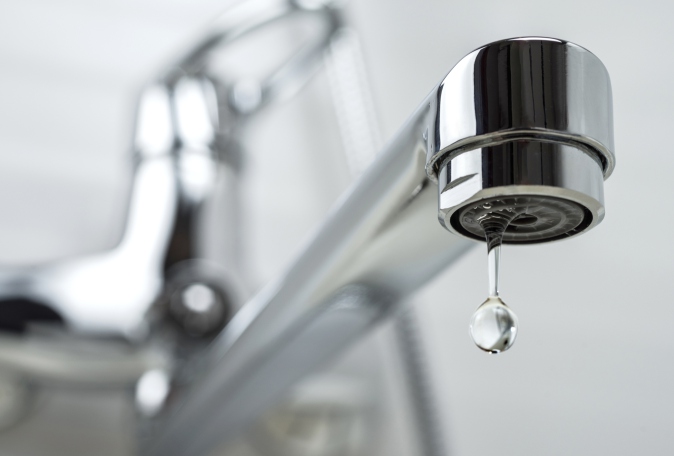
The insurance implications of water-shedding
~ Courtesy Hollard
As many parts of South Africa (Johannesburg right now, and cities in the Eastern Cape recently) are struggling with water interruptions and poor supply, we thought to share this insightful article and tips with you about water-shedding, courtesy of Hollard.
Water-shedding: Don’t be left high and dry
South Africa has seen increasing instances of water-shedding and extended water interruptions, not only of a few hours in duration, but of several days and even weeks.
Alternative water sources are not so easy to develop, unlike load-shedding, where other energy sources are readily available. As a result, South Africans can expect regular water cuts for the foreseeable future.
Water shortages and cuts are not only a significant inconvenience and health risk, but it can also result in geyser failure. Coupled with power surges due to load-shedding, which can destroy sensitive electronics, geysers are at an even higher risk than before.
Water-shedding may cause an insufficient water supply to geysers. As hot water is used during water-shedding, the geyser’s heating element may be exposed to air if the water level drops below the heating element level. The heating element is not designed to be exposed to air while heating, and it will fail. For example, if your kettle’s heating element is exposed to air when it is switched on it may overheat and break.
From an insurance perspective, the question is, when would you be covered and when not?
Household cover
The items that you want to insure will depend on the available cover provided by your policy. It’s important to be familiar with your policy wording, and what your responsibilities are. This will help you ensure that you are adequately covered. Geysers and resultant damage can be insured under household buildings cover, which automatically includes cover for geyser failures. Only damages or losses resulting from a specific covered incident such as fire, theft and flooding are covered, but damage to your plumbing system due to wear and tear is not.
Protect yourself from water-shedding
Also, ensure that your insurance covers all the eventualities stemming from water-shedding.
Ultimately, to enable and secure a better future for all of us, we must adopt a culture of responsible water use in our homes and in our communities.
Should you have any questions about your insurance and water-shedding, speak to one of our knowledgeable brokers today. Simply email us at info@dwdv.insure or call us on 014 592-1077.

